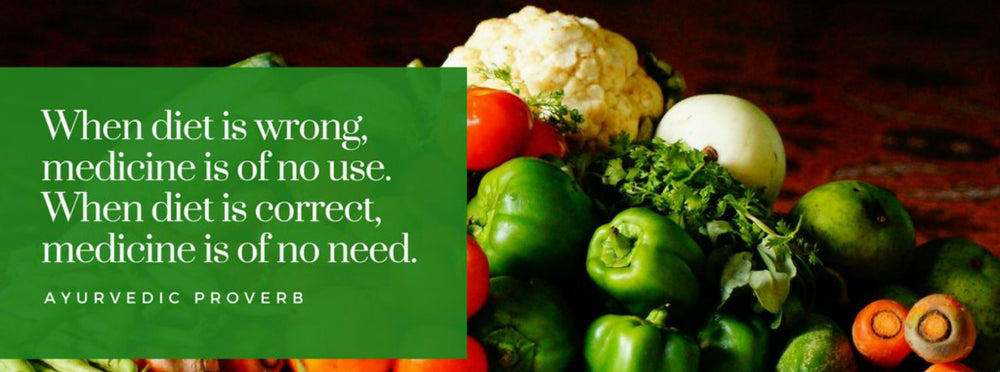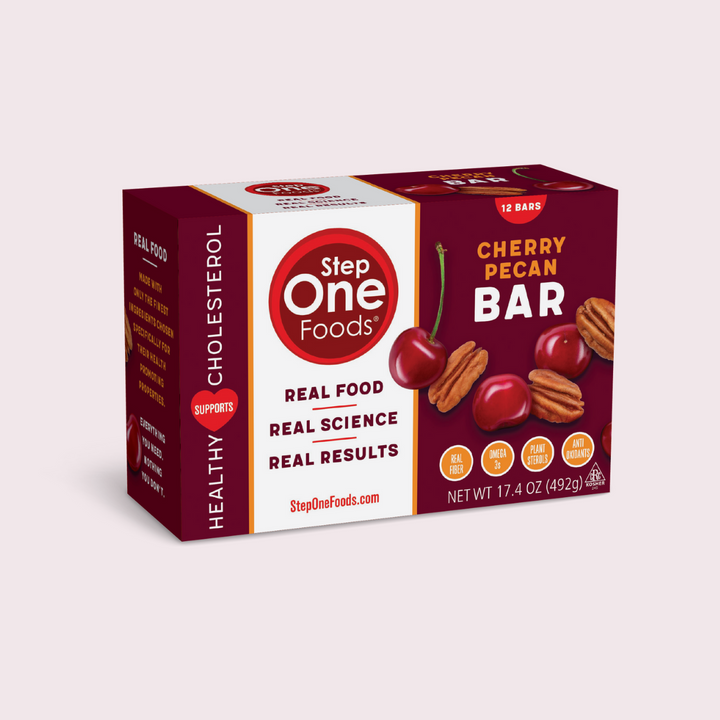Diet and lifestyle beat heart procedures - again

Every cardiologist in America had an eye on Philadelphia last weekend, and it wasn’t for the Eagles-Patriots game. The results of a major $100-million study on the effectiveness of stents and bypass surgery were announced at the annual conference of the American Heart Association - and they were stunning
The analysis dealt with stable coronary artery disease - meaning blockages discovered during a stress test or other non-emergency evaluation. We already know that stents and bypass surgery can save lives in the middle of a heart attack. But whether they impact outcomes outside of that scenario is less well understood. Smaller studies had hinted that the benefits in stable coronary disease were less impressive, but most cardiologists brushed those studies aside.
Once again, the research revealed that the best way to treat disease is to address the root cause of it. In the case of artery blockages that means adherence to a healthy lifestyle and taking medications as indicated. The researchers found that invasive procedures -- stents and bypass surgery -- were no more effective in terms of influencing outcomes. In fact, the only upside of invasive procedures seemed to be that in some cases, they lessened chest pain.
And if you think about it, that makes complete sense. After all, atherosclerosis - the process that leads to heart artery blockages - is a systemic health issue - meaning it affects arteries EVERYWHERE. So why would fixing one blockage in one artery with a stent (for example) be expected to affect the overall impact of this disease?
Because stents and surgery are not only invasive and risky but also incredibly expensive, the new study may help change the way cardiologists treat patients. In other words, cardiologists may be more likely to practice like me and focus on addressing the drivers of disease. It’s the only TRUE way to deal with high cholesterol, high blood pressure, high blood sugar and atherosclerosis at a systemic level.
One thing is for sure - this study should at least prompt a broader discussion between doctors and their patients regarding the options that are available for managing stable coronary artery disease.
In cardiology circles, the strengths and weaknesses of the study are being intensely scrutinized and pushback is already occurring. And the common refrain that the lifestyle measures required to really impact atherosclerosis are “extreme” and unlikely to be embraced by patients will be heard again and again. But I have to agree with Caldwell Esselstyn: it’s not the whole-food plant-based eating system that’s extreme. What’s extreme is sawing through someone’s breastbone, harvesting veins from their legs and putting them on a bypass machine. Shouldn’t that be reserved only for life and death scenarios?
Especially since artery blockages can be improved in a more effective, less risky and less expensive way with improved diet and medication adherence. For example, one of the participants in the trial told The Washington Post that after switching to a plant-based diet, exercising and taking medication for the study, he was doing well and extremely thankful to have avoided surgery.
Step One’s foods were created to make switching to a more whole-food plant-based eating approach easy and convenient. And we’ve proven that even small shifts in this direction can yield marked health benefits. There IS a better way - and it starts with what’s in your pantry.

Try our Newest Bar!
Cherry Pecan Bar
Discover the perfect harmony of cherries and pecans in our Cherry Pecan Bar. Montmorency cherries, renowned for their antioxidant and anti-inflammatory properties, are combined with premium pecans to create a delicious blend of sweet, tart, and nutty flavors. Packed with white chia seeds, flax, and walnuts, this bar offers more than just taste—it's a superfood-filled snacking option. Our Cherry Pecan Bar is the perfect choice, whether you're on the go or seeking a nourishing treat.
Get heart health tips and articles like this, delivered right to your email.
New articles every week.
You may also like...

How bad is heart disease in your state? And what can you do about it?

You don’t need to avoid foods with cholesterol…except for these



